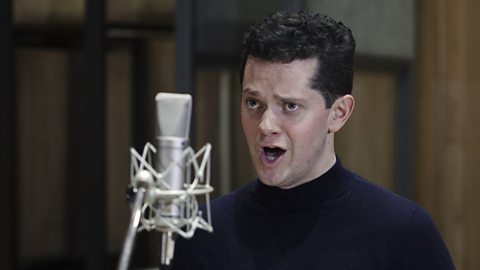What is lied?
A lied is a German song. The plural is lieder.
Lied most often refers to a song performed in German by a solo singer with piano accompaniment.
James Way discusses lied before performing "Der neugeriege" from "Die Schöne Müllerin" by Franz Schubert, 1823. Accompanied by Alice Turner.
Lieder are particularly related to the romantic period. At this time, the work of German poets, such as Goethe, were often set to music.
Franz Schubert, Robert Schumann and Johannes Brahms all composed lieder.
Subject matter
Common poetic themes are love, longing and the beauty of nature.
For example, Schubert’s lied Der Erlkönig (Erlking) is set to the words of the Romantic poet Goethe. It tells the story of a father and son riding through the night and the death of the child as he is snatched away by the Erlking, a supernatural being.
Structure and form
There are two main forms:
- strophic – the same music for each verse
- through-composed – different music for each verse
Melody and harmony
Lieder have rich, colourful harmony and frequent modulations (changes of key)
Instruments
Lieder are written for piano and voice, for performance in homes and concert halls.
The piano does more than provide an accompaniment. It is in equal partnership with the voice and has an important role in the song.
More on Understanding Music
Find out more by working through a topic
- count9 of 16

- count10 of 16

- count11 of 16

- count12 of 16
